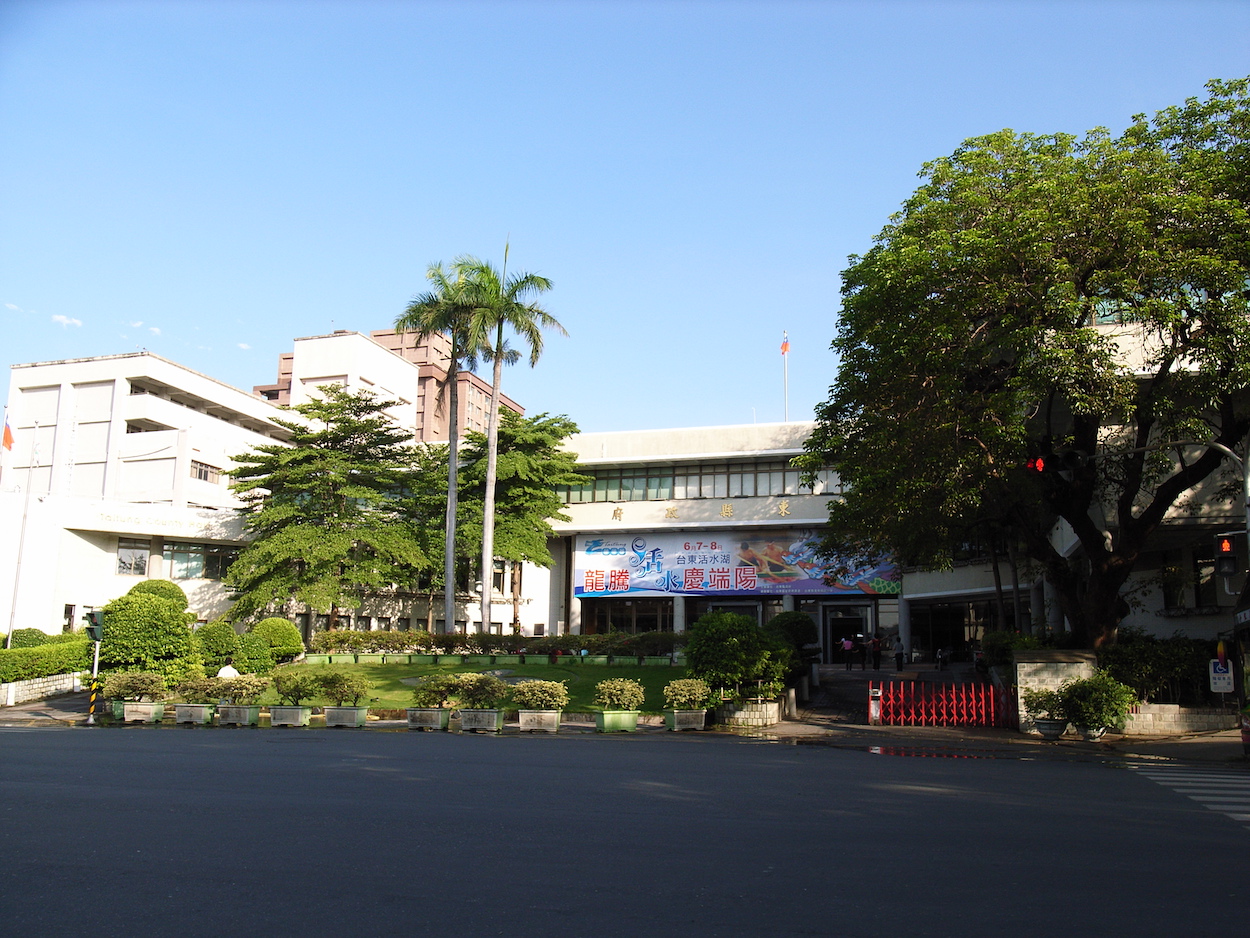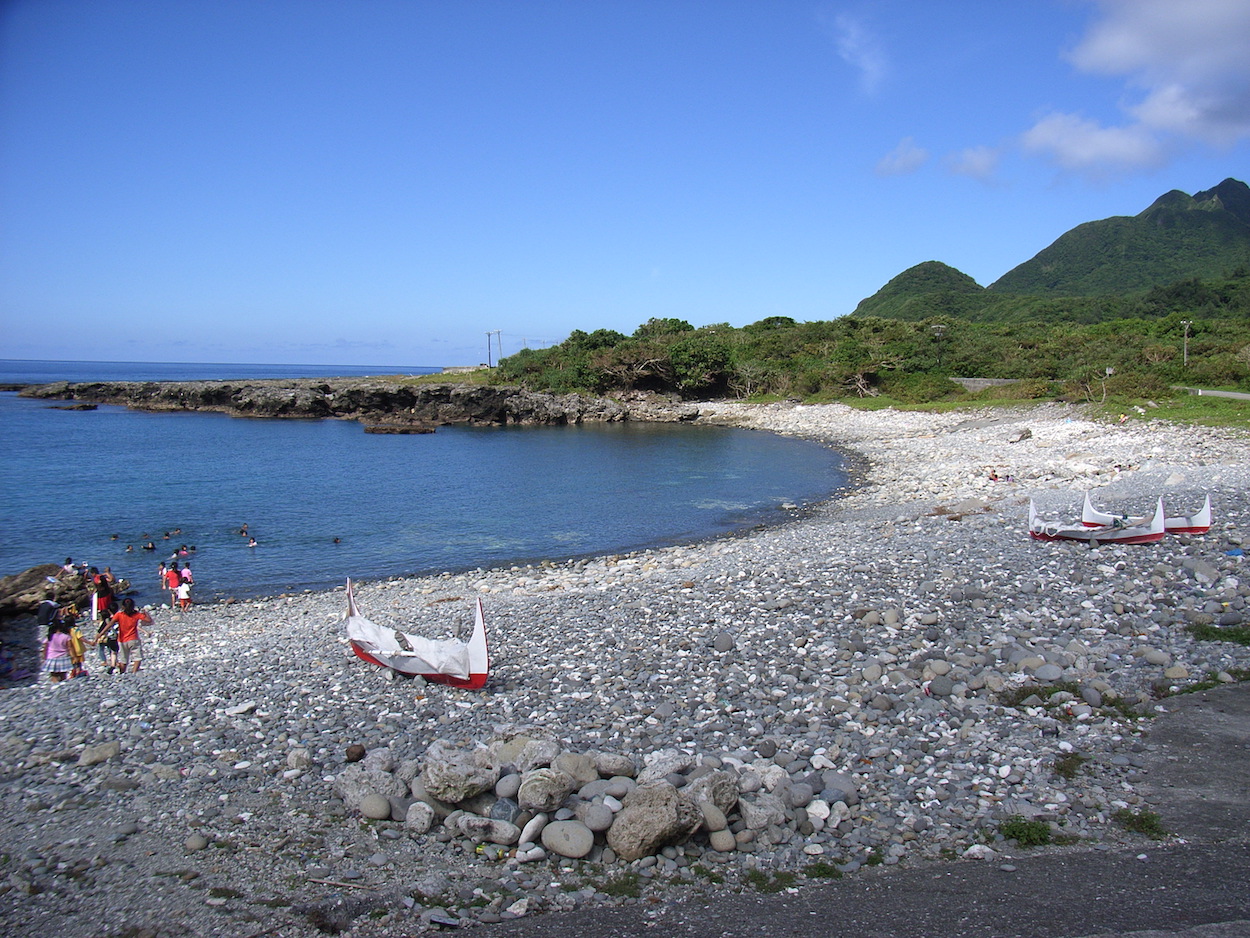by Brian Hioe
語言:
English
Photo Credit: junilly/WikiCommons/CC
PROTESTS REGARDING the Zhiben photovoltaic farm took place again late last month, with demonstrations against a government survey of the land that the farm is planned to be built on. These protests were not widely reported on, however, probably due to the fact that they took place in Taitung. Protests that take place outside of Taipei sometimes fail to receive coverage, with much of the media industry based in Taipei, and because Taiwan is small enough that protesters can frequently travel to Taipei to protest even for local issues. This has not been helped by COVID-related stories still continuing to take up a large part of the news cycle.
The Zhiben photovoltaic farm, which is to be built on wetlands in traditional territory belonging to Katratripulr community of the Beinan Indigenous, was originally proposed by the Taitung County government in 2017. The 2017 construction plans came shortly on the heels of controversy about a baseball court that the Taitung County government planned to construct on the same wetlands. The solar farm was touted as the largest solar farm in Asia when it was originally proposed, with plans to construct a 226-hectare farm, though it would only be the latest Build-Operate-Transfer construction project on Katratripulr land.
 Taitung county government. Photo credit: li-penny/WikiCommons/CC
Taitung county government. Photo credit: li-penny/WikiCommons/CC
While there have been some internal splits among the community, development plans have been opposed by members of the Katratripulr community. 400 members of the Katratripulr protested outside of the Taitung County government on May 7th in what was probably one of the last protests to take place before the start of the COVID-19 outbreak that Taiwan has experienced for the last three-and-a-half months.
Protestors in May were primarily members of the Mafaliu, Pakaruku, and Ruvaniaw community, though more generally, members of the Amis, Bunun, and Paiwan people were present. The protest was specifically in response to the decision by the Taitung County government to renew its contract with Sheng-li, the energy firm that intends to build the photovoltaic farm by another six months. Minor clashes with police took place during the protest. The extended contract is set to last until October 23rd.
With the COVID-19 situation increasingly stable in Taiwan, this meant a resumption of protests. On August 20th, around 150 members of the Katratripulr community protested an on-site survey conducted by the Ministry of the Interior. Apart from members of the Katratripulr community, they were joined by members of environmental groups such as Citizens of the Earth Taiwan and the Society of Wilderness and supportive experts.
According to the government, the survey was for the purposes of understanding local conditions as preparation for future hearings to hear local hearings and was not aimed at arriving at any decision about the land. Members of the Council of Indigenous Affairs, Council of Agriculture, and Ministry of Economic Affairs were present.
Representatives of the Katratripulr community blocked members of the government survey team from entering the wetlands, stating that they had not been informed nor approved of the visit ahead of time. As such, they would have to report to their ancestors about the planned visit. Subsequently, they began a ceremony to do this, highlighting how the actions of the government infringed upon their sovereignty of the land. However, in the process of carrying out the ceremony, representatives of Sheng-li blocked government task force members’ view of the ceremony and began to report about their construction plans.
 Orchid Island. Photo credit: Kailing3/WikiCommons/CC
Orchid Island. Photo credit: Kailing3/WikiCommons/CC
On September 6th, around a dozen individuals protested against the extension of the contract outside the Taitung County government, calling instead for the contract to be dissolved.
The Zhiben photovoltaic farm can be situated in the larger pattern of the Taiwanese government building energy infrastructure on Indigenous traditional territories. The most infamous example of this may be the construction of a nuclear waste disposal facility on Orchid Island, which is home to the Tao. Residents of Orchid Island were originally told that the nuclear waste disposal facility was a canning facility. In past years, there have also been controversies from farmers and fishermen about the development of solar and hydropower in a manner that they believe threatens agriculture and aquaculture.
Efforts to legally block the development of the photovoltaic farm remain to be resolved, with final adjudication by the Supreme Administrative Court yet to take place. That being said, as illustrated by the Taitung County government extending its contract with Sheng-li, it is probable that there will continue to be efforts by the government to push for the development of the Zhiben photovoltaic plant, and there will continue to be protests from Katratripulr community. Whether this is picked up on by the public at large is another question entirely.

